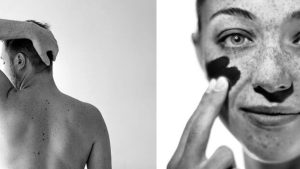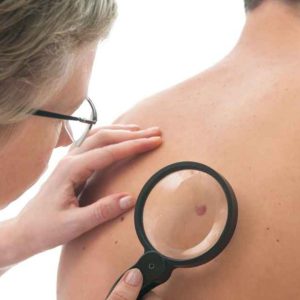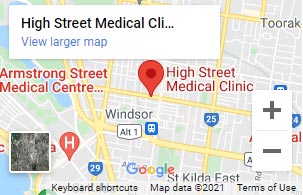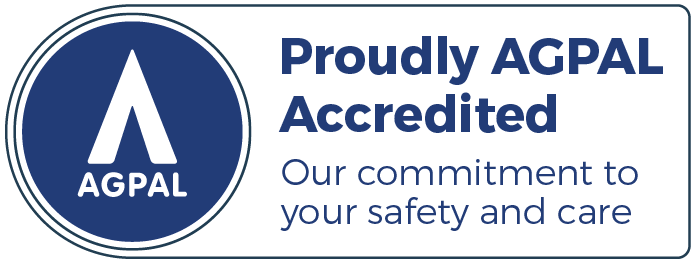Protect Your Skin
![[PLACEHOLDER IMAGE]](https://hsmc.com.au/wp-content/uploads/2024/02/depositphotos_71002415-stock-photo-patient-and-doctor-taking-notes.jpg)
At High Street Medical Clinic, we believe in the power of education to combat skin cancer. Understanding skin cancer, its types, signs, and how to prevent it is the first step towards effective prevention and early detection. The dedicated team at HSMC is committed to providing you with comprehensive information and support to help protect your skin and overall health.
Understanding Skin Cancer
Skin cancer is the uncontrolled growth of abnormal skin cells and is one of the most common forms of cancer worldwide. It typically results from DNA damage to skin cells, often caused by ultraviolet (UV) radiation from the sun or tanning beds, leading to mutations and potentially malignant tumours.
Types of Skin Cancer
- Basal Cell Carcinoma (BCC): The most common and least dangerous type of skin cancer, characterised by growths in the skin’s basal cells. It’s slow-growing and seldom spreads to other parts of the body.
- Squamous Cell Carcinoma (SCC): rises from the squamous cells in the skin and is more likely to spread than BCC but is still generally treatable when caught early.
- Melanoma: The most aggressive form of skin cancer, originating in the melanocytes, which produce melanin. It can spread rapidly to other parts of the body and is more challenging to treat once advanced.
Common Signs and Symptoms
Common signs and symptoms of skin cancer to look out for include:
- New growths or sores that do not heal
- Changes in existing moles, including size, shape, colour, or texture
- Itchy or bleeding lesions
Being familiar with your skin and regular self-examinations are crucial for early detection.
Preventative Measures
Preventing skin cancer is possible with the right knowledge and actions. Protecting your skin from excessive sun exposure is key.
- Sun Protection: Use broad-spectrum sunscreen with at least SPF 30, wear protective clothing, and seek shade, especially during peak sun hours.
- Avoid Tanning Beds: The UV radiation from tanning beds can significantly increase the risk of skin cancer.
- Regular Self-Examinations: Become familiar with your skin and its patterns. Check for any new or changing lesions and consult a healthcare provider with any concerns.
- Early Detection: Regular skin checks by your doctor can catch skin cancer early when it is most treatable. Early detection significantly improves the prognosis for all skin cancer types.
Skin Health Education
At High Street Medical Clinic, our goal is to equip you with the information needed to make informed decisions about your skin health and to detect potential skin cancers early.
Schedule a Skin Health Consultation
Learn more about our Skin Check Services or schedule a skin check by calling us or booking online.









